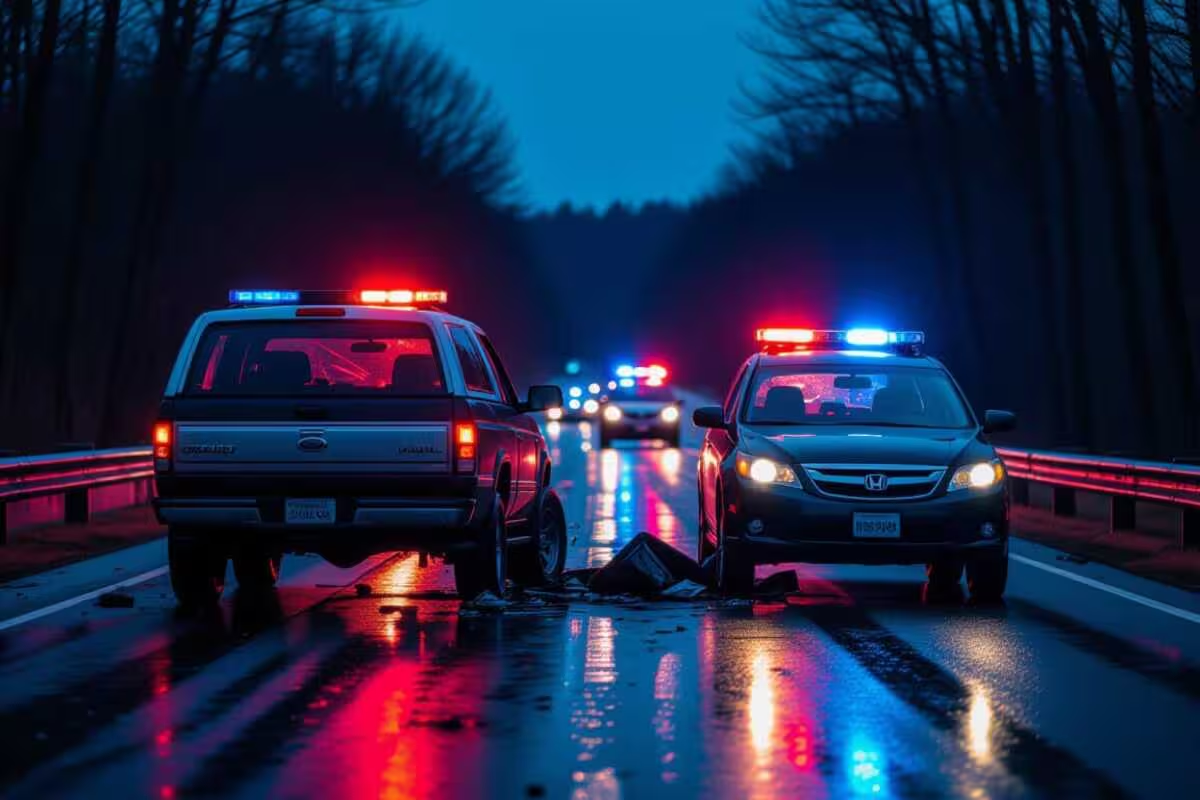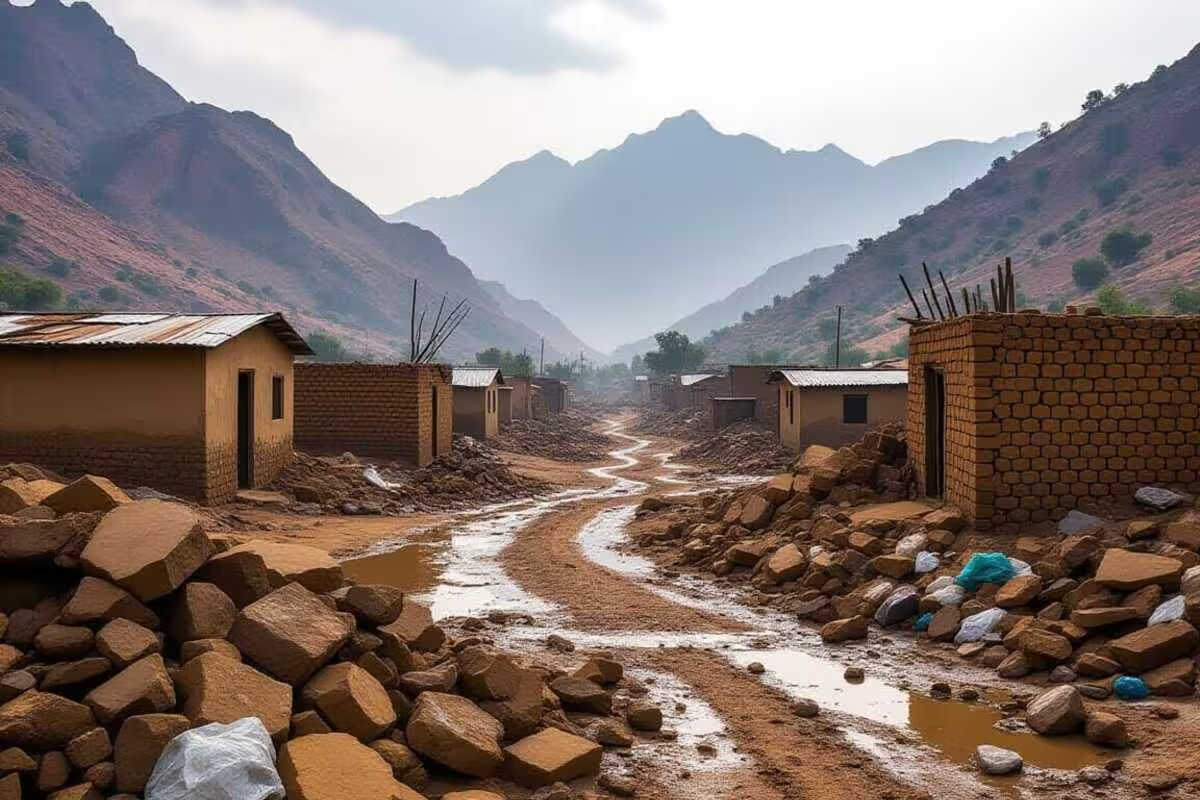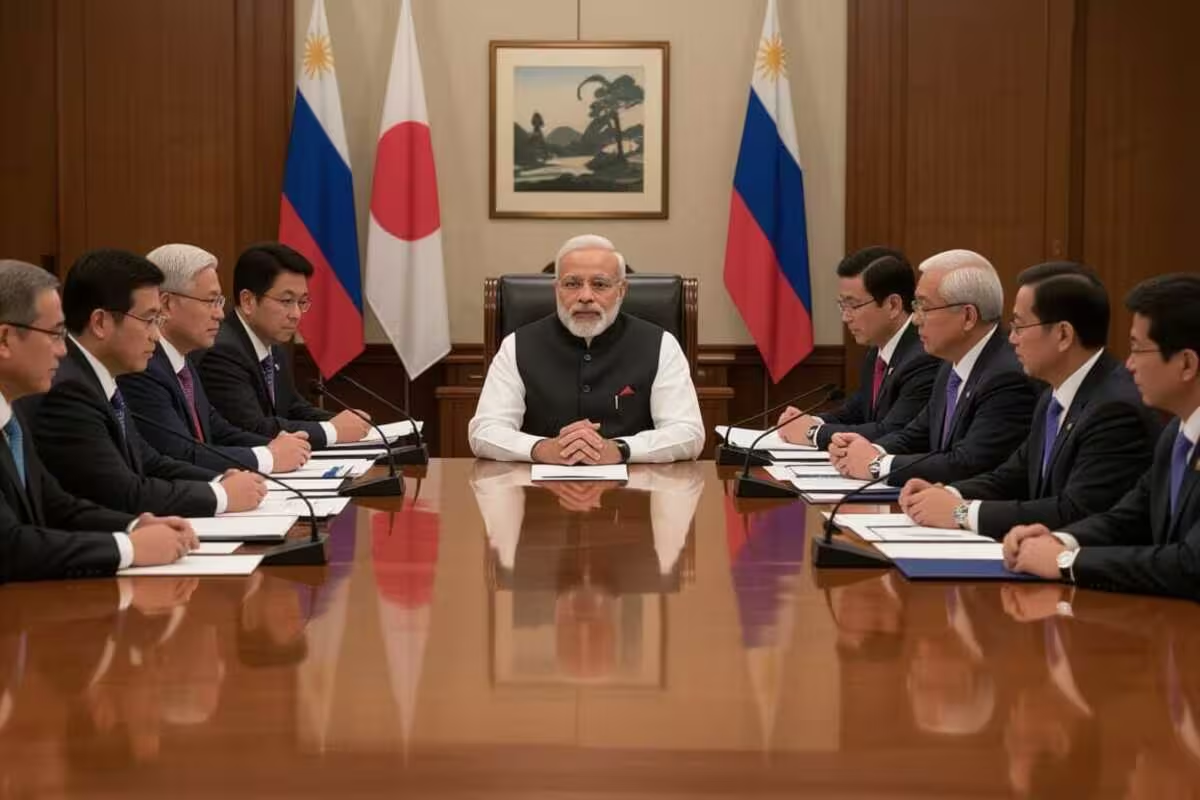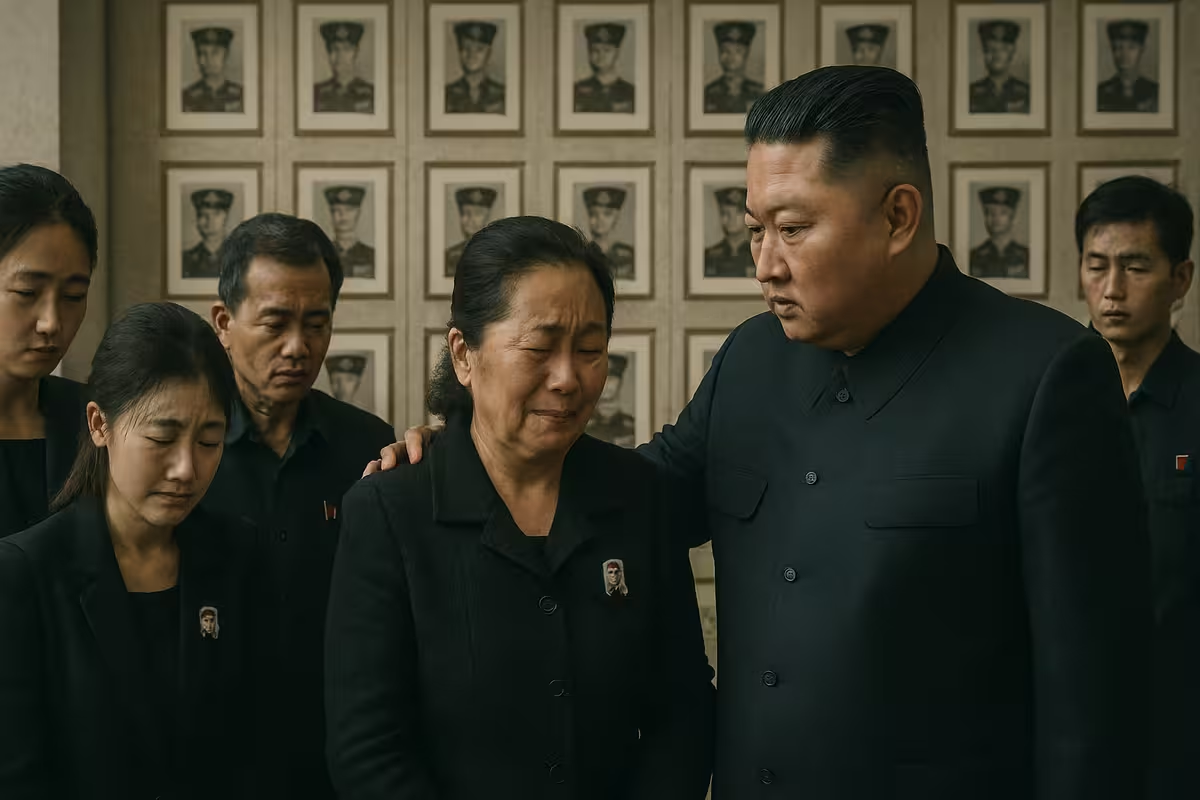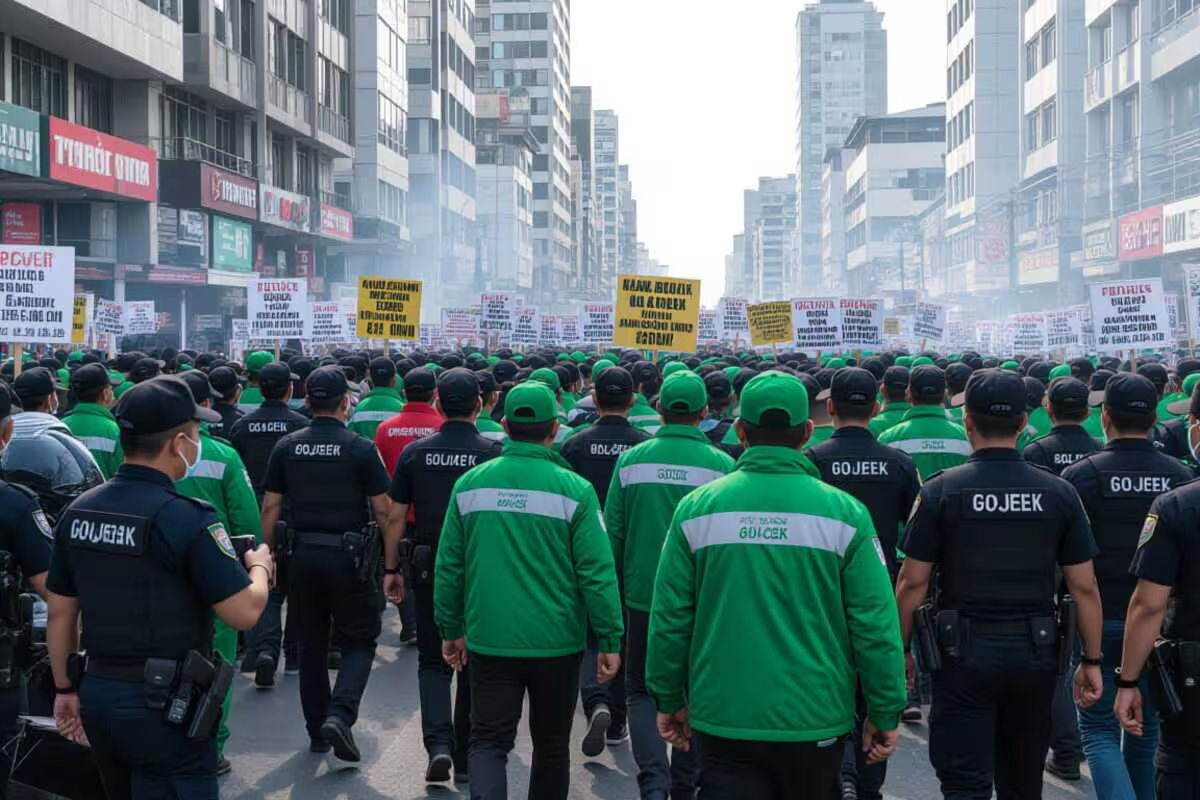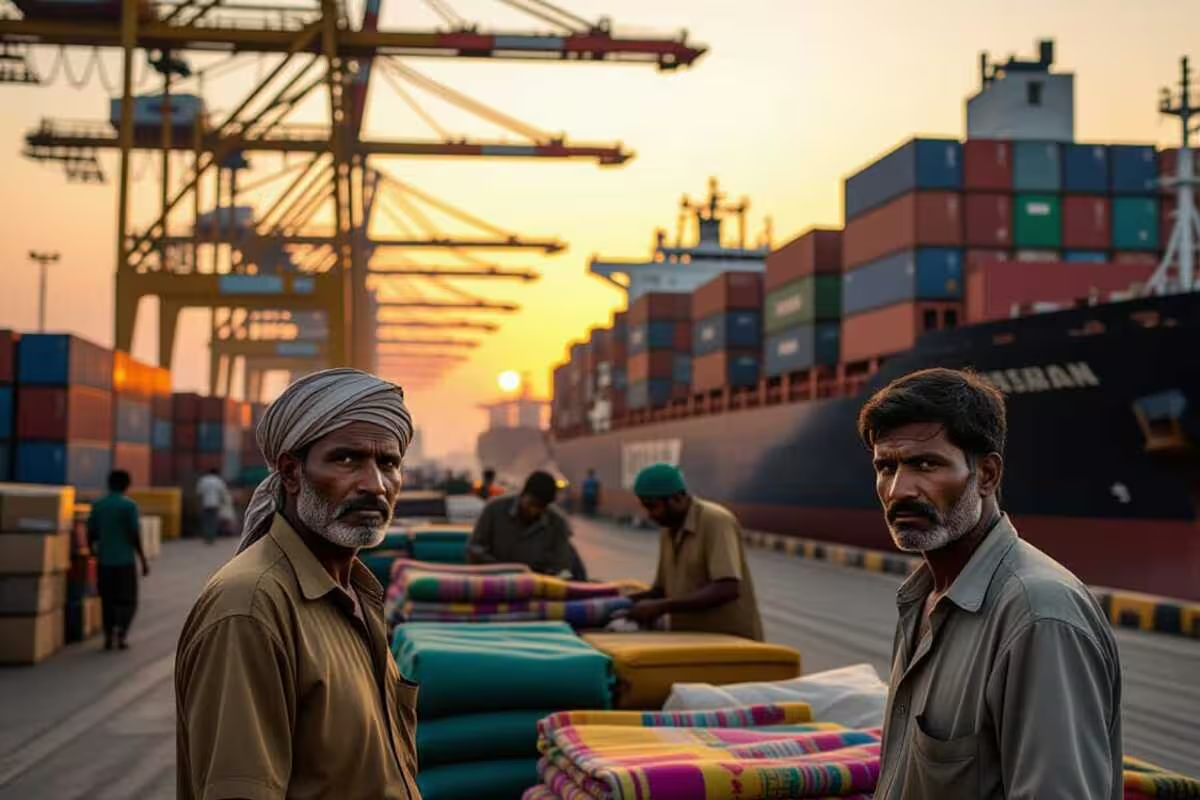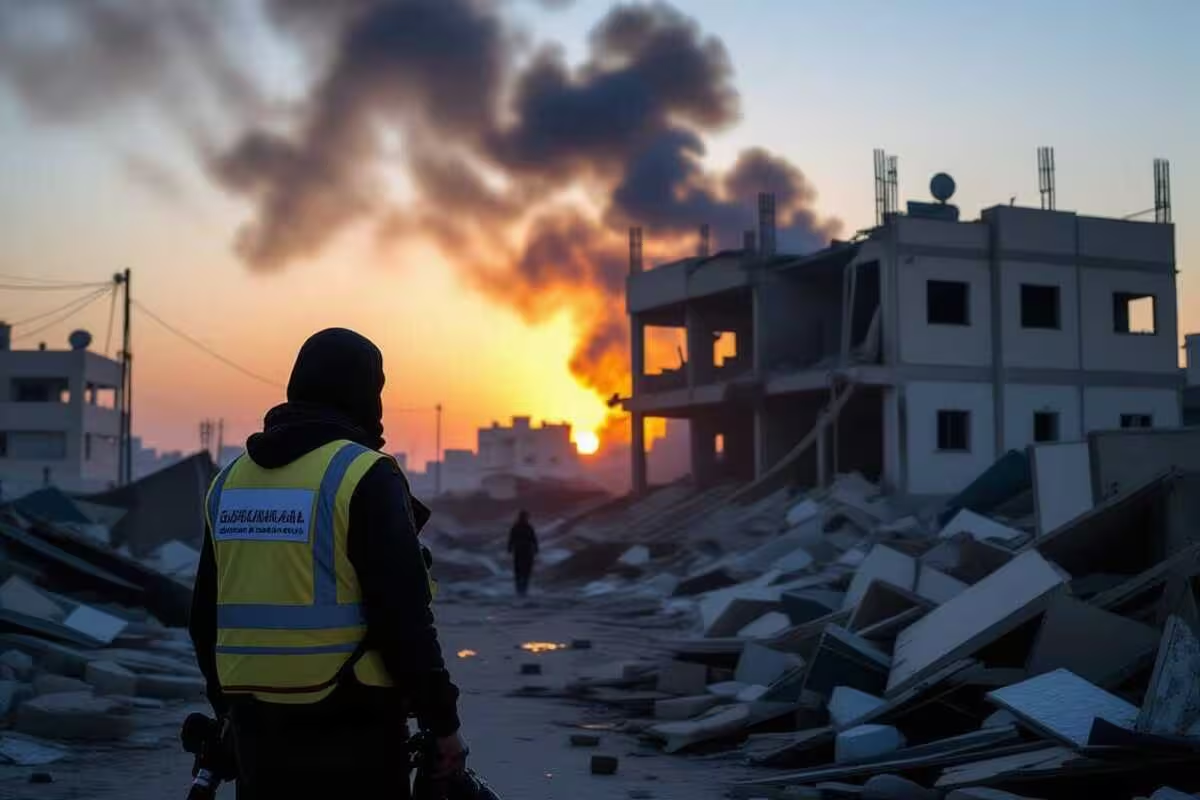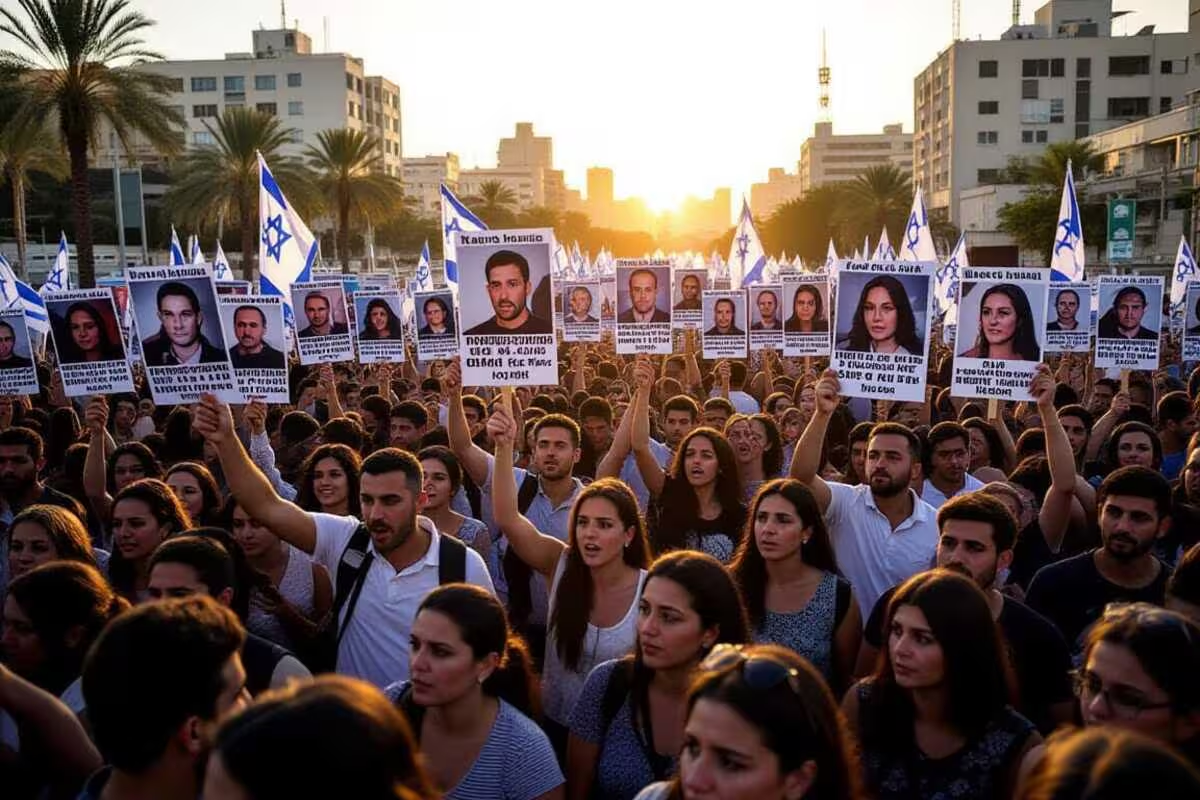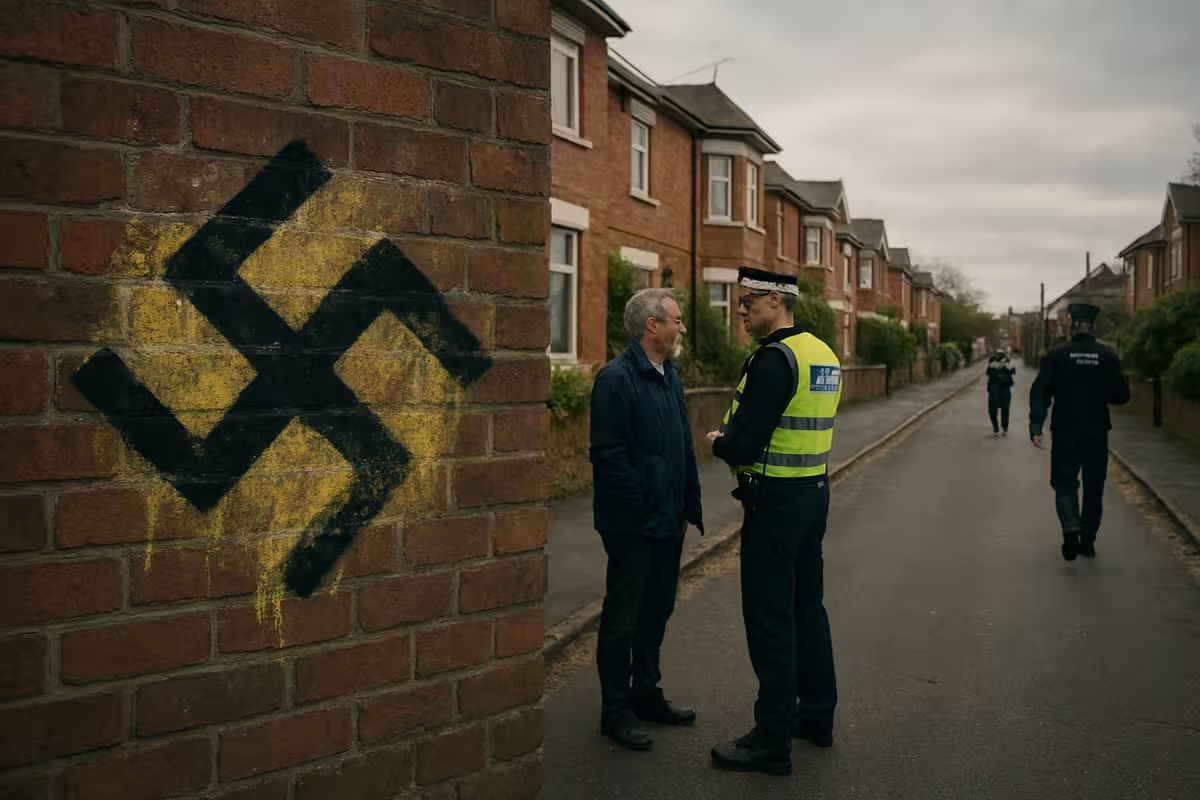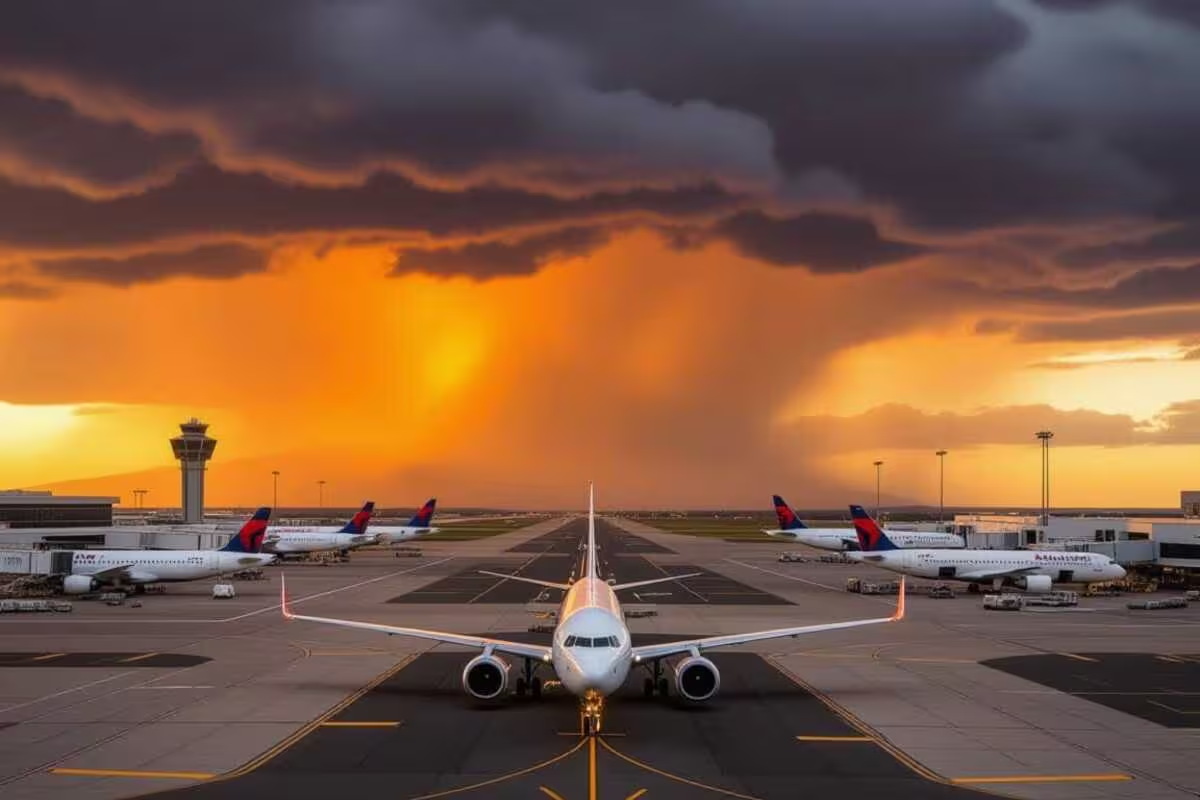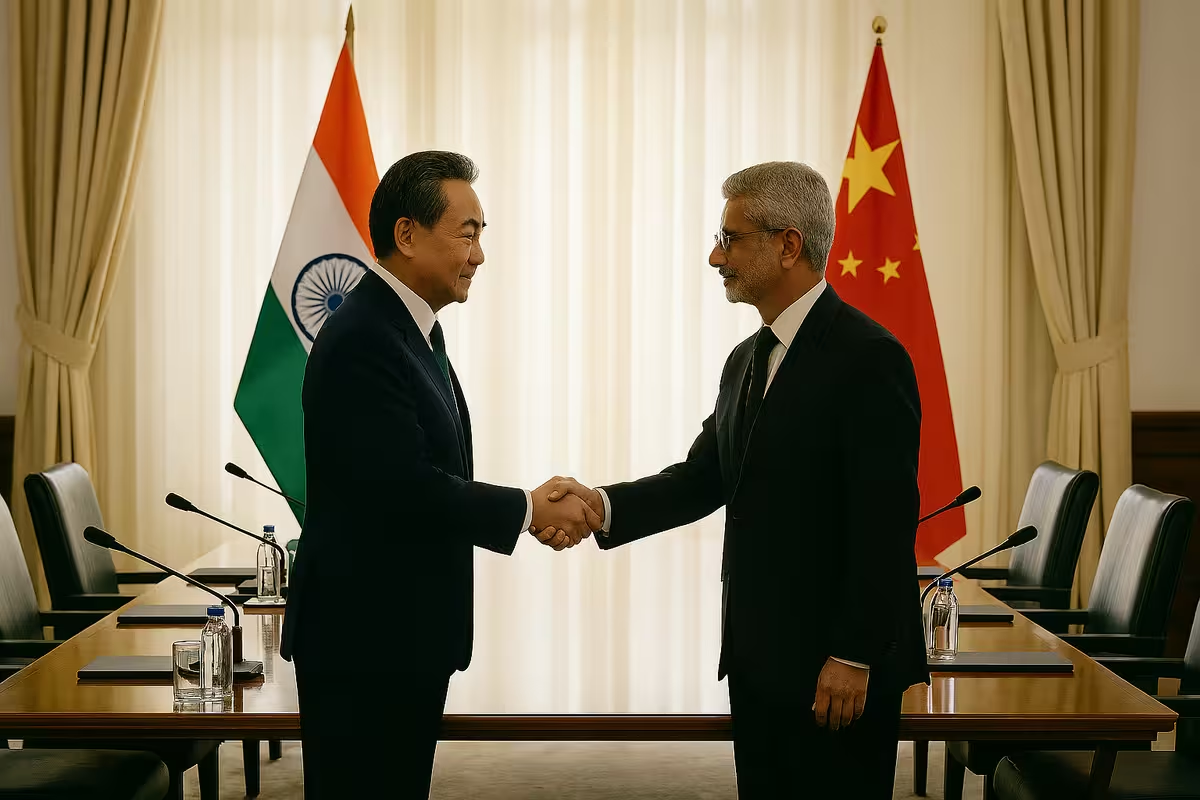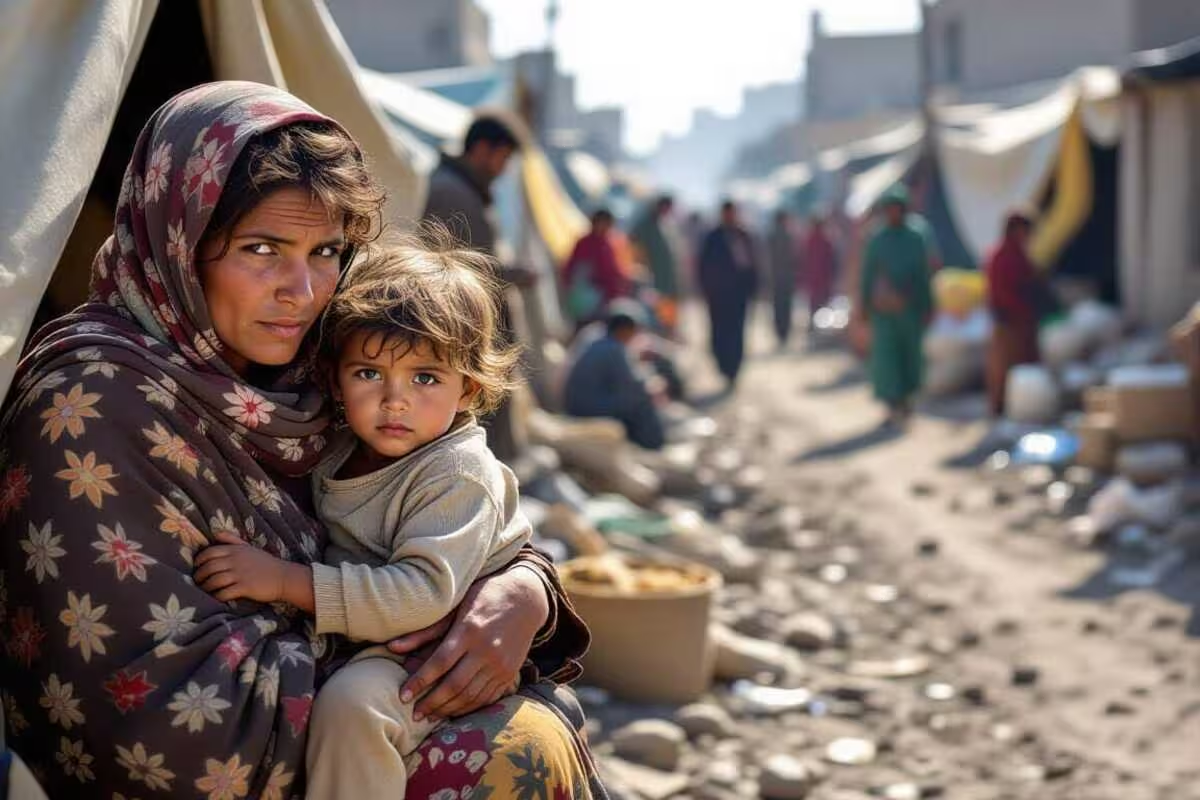INDIA CONDEMNS KILLING OF JOURNALISTS IN GAZA STRIKE AS SHOCKING
NEW DELHI, India – August 27, 2025:The Indian government said it was shocked and deeply saddened by the deaths of several journalists in a recent Israeli airstrike on Nasser Hospital in Khan Younis, southern Gaza. The Ministry of External Affairs (MEA) said in a statement that India has always condemned civilian deaths in conflicts. The ministry also stated that Israeli officials have started looking into the incident, where at least five journalists were killed.
Official Position and Diplomatic Reaction
MEA Spokesperson Randhir Jaiswal told reporters about the official response. Jaiswal said that New Delhi takes the safety of journalists in war zones very seriously. India is joining more and more countries that are calling for people to be held responsible and for non-fighters to be protected during the ongoing fighting.
The incident happened during a double-tap strike on Nasser Hospital, which is the biggest hospital in southern Gaza. The first strike hit one of the hospital floors, and the second hit an outside staircase as journalists and rescue workers ran to help. The second strike killed a lot of people.
The journalists who died were Mariam Abu Dagga, a freelancer for The Associated Press; Mohammed Salama from Al Jazeera; Moaz Abu Taha, a freelancer who wrote for Reuters; and Ahmad Abu Aziz from Quds Feed. Hussam al-Masri of Reuters was also reported dead. The global media community is in shock because of these deaths.
India’s statement also mentioned the public apology from Israeli Prime Minister Benjamin Netanyahu, who called the incident a terrible accident. The Israeli military said they were targeting a camera that Hamas was using to watch the area and that the journalists were not the intended target. The Israeli Defense Forces (IDF) also said that six of the people who were killed were terror operatives.
Civilian Deaths and Press Freedom
The targeting of journalists is not the only time this has happened during this conflict. Groups that watch press freedom have found that more journalists have died since the conflict started than ever before. The Committee to Protect Journalists (CPJ) says that the Israel-Gaza war is the deadliest conflict for journalists that they have ever seen.
The United Nations human rights office (OHCHR) and other international groups have also condemned the killings. UN spokesperson Thameen Al-Kheetan said that the number of journalists who have died in Gaza should make the world take action and called for independent investigations. This widespread international disapproval shows that people are worried about the risks that journalists face when they try to report on the conflict.
The Israeli military has been criticized by many international organizations for carrying out strikes near hospitals and other places that help people. Because of these actions and the fact that foreign journalists are generally not allowed into Gaza, local Palestinian reporters have to risk their lives to report what is happening. These local journalists often don’t have the right equipment or safety measures, which makes it hard to get information.
India’s Changing Diplomatic Position
India’s careful but strong statement shows that it is trying to balance its relationships with both Israel and Palestine, which it has done for a long time. India has historically supported Palestine and was one of the first countries outside of the Arab world to recognize the Palestine Liberation Organization (PLO). But since the 1990s, India has built a strong partnership with Israel in areas like defense, technology, and farming.
Because of this, India can keep its strong economic and security ties with Israel while still supporting a two-state solution and showing support for the Palestinian people. The current statement condemns the loss of life but doesn’t blame anyone. It notes that Israel is investigating the incident. This is normal for India, as it usually avoids publicly confronting its partners, even when it has concerns.
The incident shows how hard it is to be a journalist in this conflict. Reporters are in danger because of the war and have to work in a place where information is controlled and censored. Some strikes have been double-tapped, where a second strike hits after the first one, which raises questions about whether first responders and the media are being targeted.
Calls for Accountability
The killing of journalists hurts press freedom and the public’s right to know. Journalists should be protected as civilians under international law, and attacking them could be a war crime. Advocates for press freedom say that these attacks are meant to stop reporting and hide the human cost of the conflict from the world.
Because of the violence against journalists, people are calling for a stronger international response. Media groups like The Associated Press and Reuters have said they are upset and have asked all sides in the conflict to protect their staff. They say that journalists are needed to provide accurate and timely information from a place where it is hard to get access.
The humanitarian crisis in Gaza is getting worse, and the deaths of journalists show how much danger all civilians are in. The repeated attacks on hospitals, schools, and other places that should be protected have caused basic services to break down. The families of the journalists who were killed are sad because they believe that their loved ones were targeted for being witnesses.
The reaction from countries like India puts pressure on Israel to have a fair investigation. The world will be watching the results of this investigation, which could change diplomatic relations and humanitarian efforts in the area. The event shows that it is important to follow international law and protect those who report on the realities of war.
The deaths of these journalists could have long-term effects and make it harder to report on the conflict. This could make it harder to hold people responsible for their actions and make the violence and suffering last longer. The international community, including India, needs to support press freedom and the safety of journalists.


